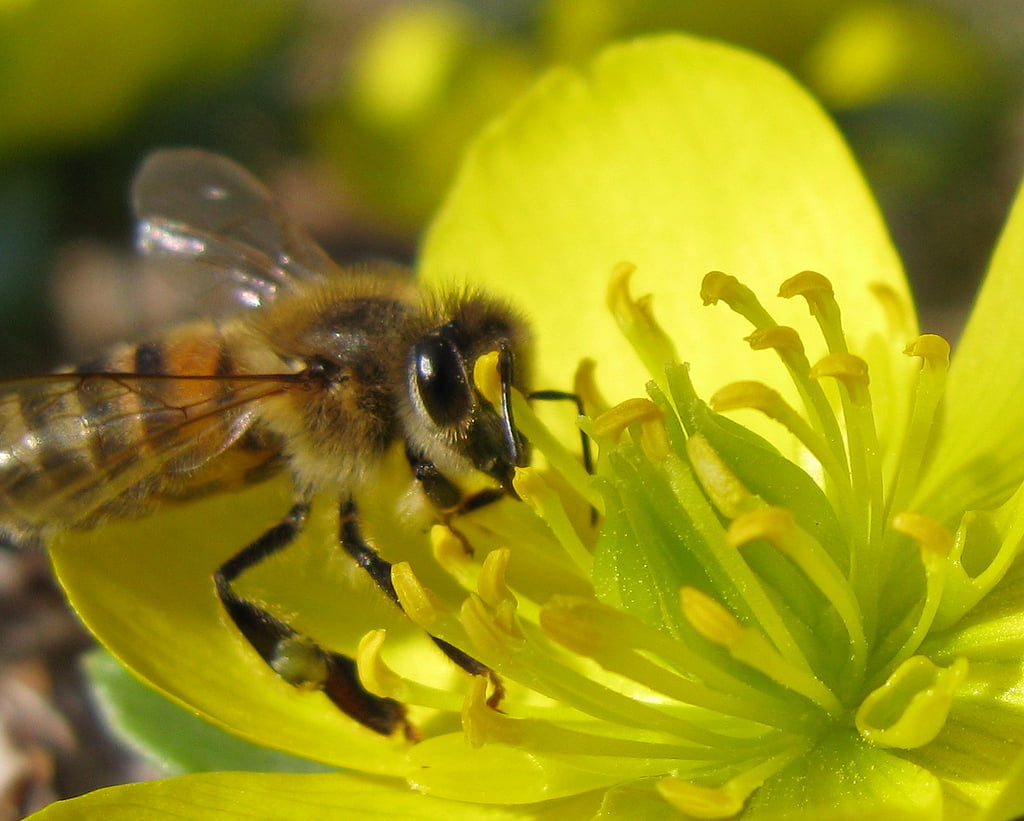When you have a fever, your nose is stuffed and your headache feels like it is spreading to your toes – your body is telling you to stay in bed. According to a new Israeli study, feeling sick is simply an evolutionary adaptation that aims to stop disease from spreading.
SEE ALSO: Hossam Haick’s Revolutionary Device Detects Deadly Diseases, Cancer, On The Breath
This hypothesis, put forward by Prof. Guy Shakhar of Israel’s Weizmann Institute of Science and Dr. Keren Shakhar of the College of Management Academic Studies, is laid out in a recent paper published in the scientific journal PLOS Biology.
The symptoms that accompany illness appear to negatively affect one’s chance of survival and reproduction. So why would this phenomenon persist? Symptoms, say the scientists, are not an adaptation that works on the level of the individual; rather, they suggest, evolution is functioning on the level of the ‘selfish gene.’ Even though the individual organism may not survive the illness, isolating itself from its social environment will reduce the overall rate of infection in the group.
“From the point of view of the individual, this behavior may seem overly altruistic,” Dr. Keren Shakhar said in a statement, “but from the perspective of the gene, its odds of being passed down are improved.”
SEE ALSO: Meet The Top Israeli Startups Revolutionizing Everyday Healthcare
In the paper, the scientists go through a list of common symptoms (mostly flu-like symptoms), and each seems to support the hypothesis. Appetite loss, for example, hinders the disease from spreading by communal food or water resources. Fatigue and weakness can limit the mobility of the infected individual, reducing the radius of possible infection. Along with the symptoms, the sick individual can become depressed and lose interest in social and sexual contact, again limiting opportunities to transmit pathogens. Lapses in personal grooming and changes in body language say: I’m sick! Don’t come near!
Sign up for our free weekly newsletter
Subscribe“Isolation is the most efficient way to stop a disease from spreading”
Some of the most extreme “sickness behavior” is found in such social insects as bees, which typically abandon the hive to die elsewhere when they are sick.
“We know that isolation is the most efficient way to stop a transmissible disease from spreading,” Prof. Guy Shakhar said in a statement. “The problem is that today, for example, with flu, many do not realize how deadly it can be. So, they go against their natural instincts, take a pill to reduce pain and fever and go to work, where the chance of infecting others is much higher.”
The scientists have proposed several ways of testing this hypothesis, but they also hope its message sinks in: When you feel sick, it’s a sign you need to stay home. Millions of years of evolution are not wrong.
Photos: CDC; Diego Cupolo; Tim Vickers, moveboulder
Related posts

Israeli Medical Technologies That Could Change The World

Harnessing Our Own Bodies For Side Effect-Free Weight Loss

Missing Protein Could Unlock Treatment For Aggressive Lung Cancer






Facebook comments